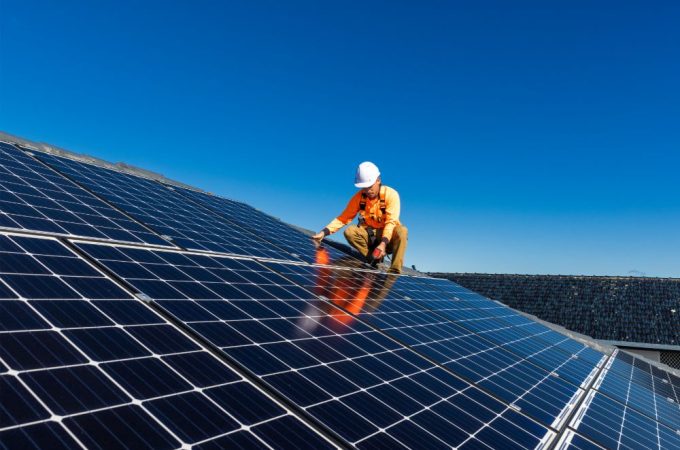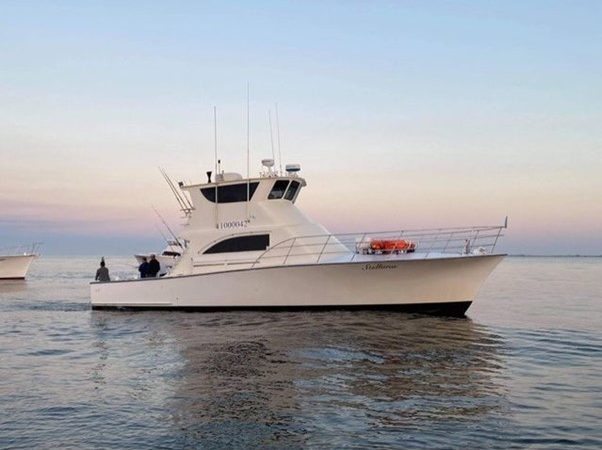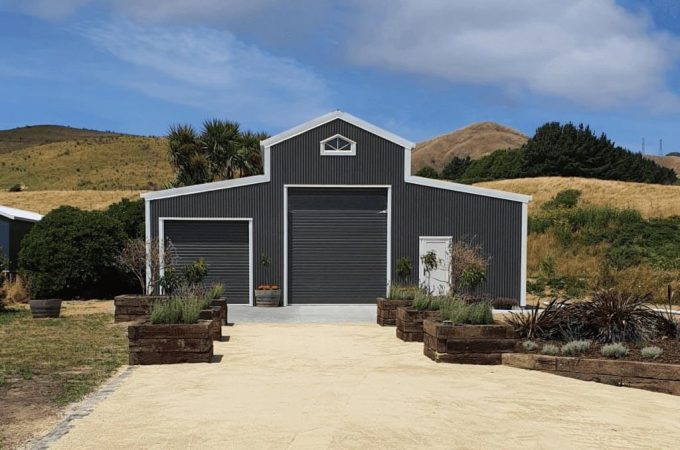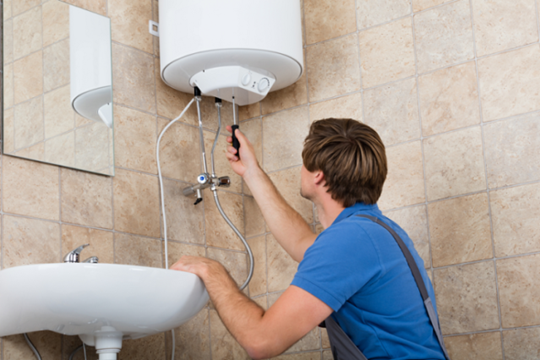
Choosing The Right Hot Water Service For Your Home
Introduction
Every homeowner will agree that having a reliable hot water service is essential for daily activities such as bathing, washing up, and laundry. The big question is, how does one choose the right hot water service for their home? In this comprehensive guide, we will take a closer look at the different types of hot water services available on the market, their benefits and drawbacks. By the end of this article, you will have a clearer idea of what kind of hot water service suits your home best.
Types Of Hot Water Services
#1 Electric Hot Water Service
An electric hot water system is one of the most widespread and versatile options. Electric hot water systems use electricity to heat the water, which is then stored in a tank for later use. They are simple to install and tend to be more affordable upfront. However, the downside is the higher ongoing energy costs compared to more sustainable solutions available.
#2 Gas Hot Water Service
Gas hot water services are another popular alternative among homeowners. They function similarly to electric hot water services, but utilize natural gas or propane to heat the water. In general, gas hot water systems tend to be more energy-efficient and have cheaper operational costs than their electric counterparts. Nonetheless, installation costs can be higher if your home is not already hooked up to a gas line.
#3 Solar Hot Water Service
Solar hot water services are one of the most environmentally-friendly and cost-effective options for households. A solar hot water system uses solar collectors on your roof to harvest the sun’s energy and heat up the water. This can drastically reduce your energy bills while minimizing your carbon footprint. The disadvantages of solar hot water systems include the higher upfront costs and minimal efficiency during cloudy or rainy days.
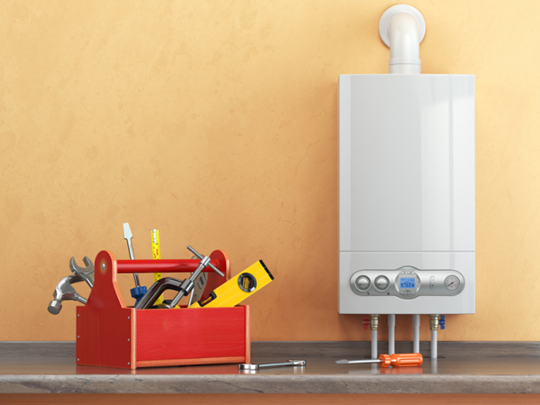
#4 Tankless Hot Water Service
Also known as an on-demand or instantaneous hot water system, tankless hot water services heat the water as you need it instead of storing it in a tank. This means you never run out of hot water, and it reduces energy wastage from reheating the water in a storage tank. Tankless hot water systems can be powered by electricity or gas, and their compact size makes them ideal for space-conscious households. The downside is the higher upfront costs and potential limitations when multiple appliances require hot water simultaneously.
Selecting The Right Hot Water Service
- Energy Efficiency
When choosing the right hot water service, consider the system’s overall energy efficiency. Look for systems with high energy-efficient ratings and ask upfront about ongoing operational costs. Solar-powered and gas-powered hot water services tend to be the most energy-efficient choices in the long run.
- Unit Size And Storage
Selecting the appropriate size of the unit and storage capacity is crucial for optimal performance. Consider the number of occupants in your home and your daily hot water consumption. A smaller-capacity storage tank will suffice for smaller households, while larger households or those with high hot water usage may require more substantial storage capacity.
- Location And Climate
Your location and the local climate play a significant role in determining the best hot water service for your needs. For instance, solar hot water systems are more effective in areas with ample sunshine, while electric or gas hot water systems may be more practical in regions with colder or cloudier climates.
- Usage And Needs
Different households have different hot water usage patterns and needs. If you have a large family or require simultaneous hot water access points, a storage hot water system or high-capacity tankless system will be more suitable. On the other hand, smaller households or those with staggered hot water usage may find tankless systems more suitable.
Hot Water Service Installation and Repair
Proper installation and regular maintenance are crucial for the efficiency and longevity of your hot water service. It’s crucial to work with a licensed and experienced professional for the installation and repair of your hot water system. Seek quotes from multiple sources and inquire about warranties and additional services such as routine maintenance.
Frequently Asked Questions
1. How long does a hot water service typically last?
The lifespan of your hot water service depends on the make, model and maintenance frequency. On average, a well-maintained hot water service should last between 10-15 years.
2. How often should I service my hot water system?
For optimal performance and to extend your system’s lifespan, regular maintenance is essential. Professionals recommend annual servicing for gas and tankless systems and bi-annual servicing for electric and solar systems.
3. Can I install a hot water service myself?
Installation of a hot water service requires technical expertise and adherence to safety regulations. As such, it is best to work with a licensed professional for installation and repairs.
Conclusion
Selecting the right hot water service is a significant investment for your home, so taking the time to research and understand various factors is crucial. This comprehensive guide has outlined some key factors to consider when choosing a hot water service, such as energy efficiency, unit size, location, and usage patterns. By weighing all these factors alongside your budget, climate, and unique needs, you will be well-equipped to make an informed decision on the ideal hot water service for your home.

